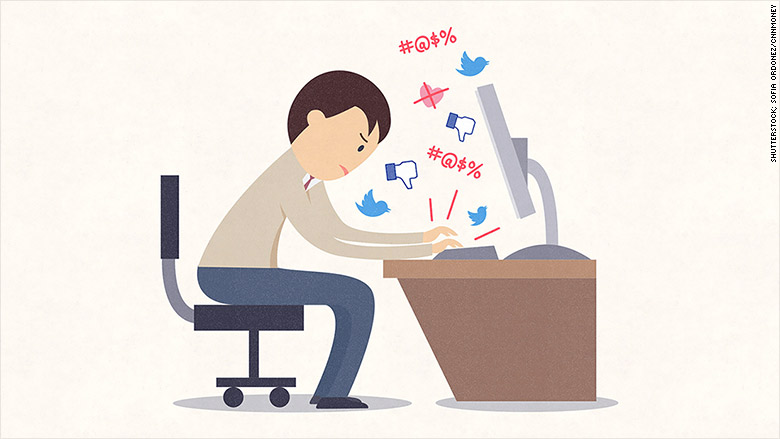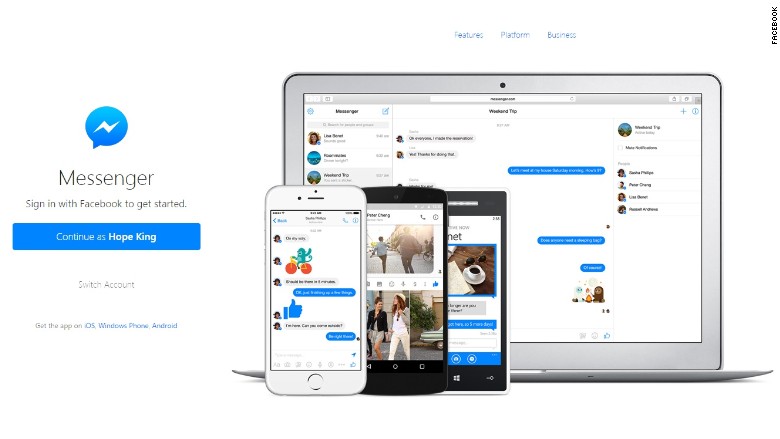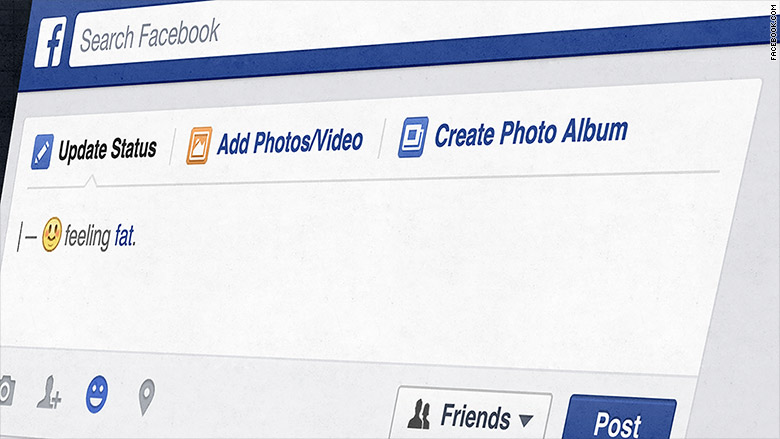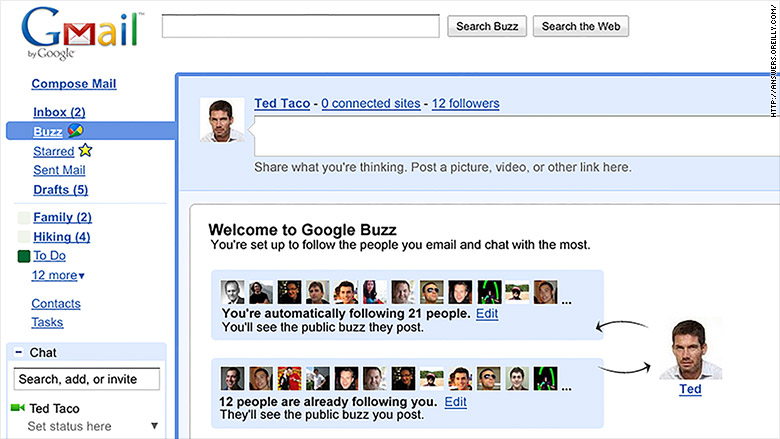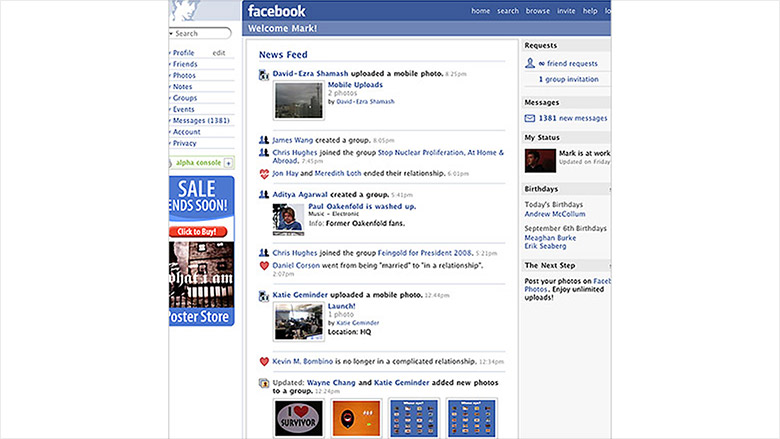The wife of Nigerian president, Aisha Buhari has frowned at the recent reports of child abuse in a school in Kano.
According to a statement released by the director of media, Zakari yau Nadabo, yesterday, Wednesday, November 4, the wife of the president is very sad about alleged sexual abuse of minors in a school in Kano.
Read the press statement below:
The wife of the president Mrs Aisha Muhammadu Buhari has expressed concern over the recent reports of incidences of alleged sexual abuse of minors in a school in Kano. She said this when she received a group of concerned women and parents of some of the victims at the presidential villa.
The meeting followed the receipt of a petition by parents of two of the victims of the sexual abuse .
The wife of the president who promised to take all appropriate actions acknowledged the steps being taken by the kano state government in addressing the problem.
The wife of the president who promised to take all appropriate actions acknowledged the steps being taken by the kano state government in addressing the problem.
She commended the concerned mothers for taking a bold step in coming out to petition such immoral tendencies in the society.
Just recently, Aisha Buhari called on governors of all states to establish children’s parliament that would prepare them as future leaders.
naij.com

